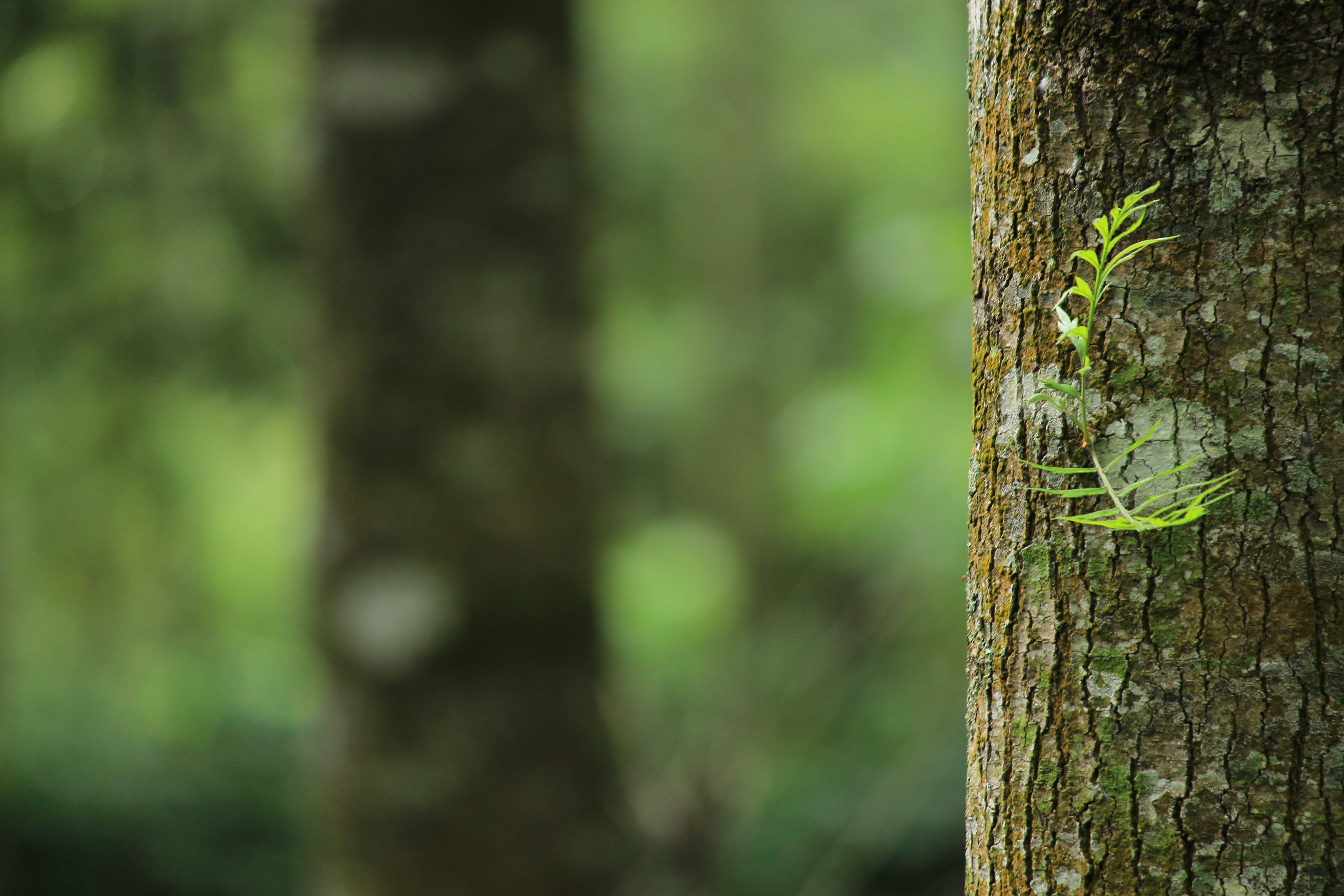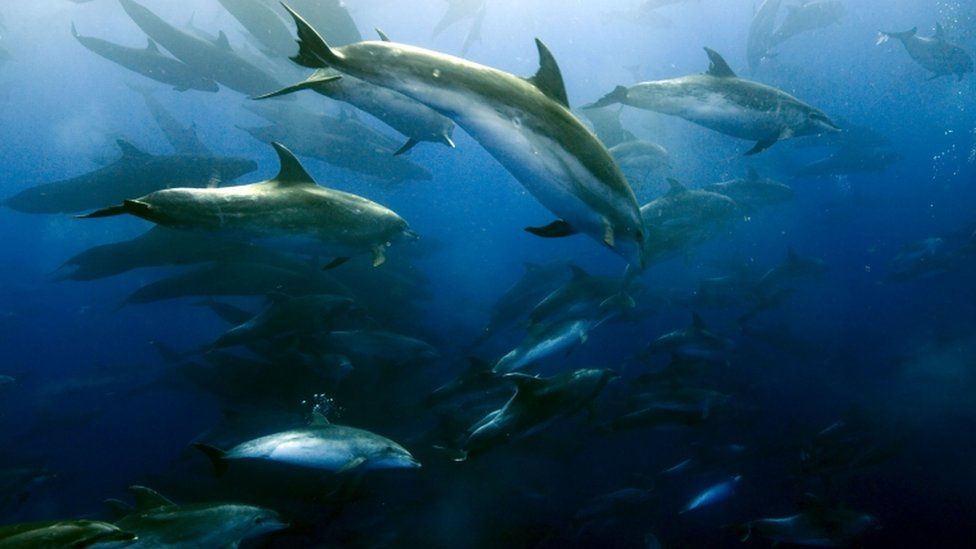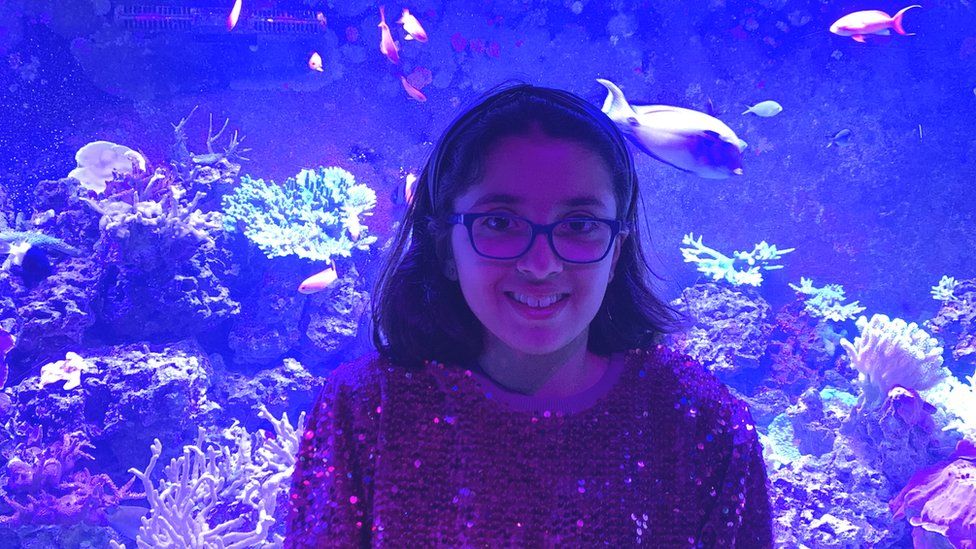
The Republic of Kenya is focused on regenerative action as it builds towards a more sustainable future through tree-planting—rebuilding ecosystems to sequester carbon dioxide from the atmosphere. We saw this in November 2023 where authorities granted a national holiday for the purpose of planting 100 million trees across the country, which will play a major role in regenerating its land, but also encouraging its people to take ownership of climate change.
In fact, tree planting is perhaps one of the most selfless ways to reduce climate change, by taking accountability as a nation rather than pinpointing global warming on a specific group. Implementing ways in which the population can contribute is one of the most impactful steps that gets everyone moving.
The role of AI in regenerative projects
AstraZeneca, the pharmaceutical research company, is also taking on such a challenge, only technology will be instrumental in its results. At this year’s COP28 in Dubai, the organisation uncovered its latest strategy for global impact—a tree planting project that will be monitored by artificial intelligence (AI).
It’s called the AZ Forest programme andis a project in collaboration with experts at Earthbanc and the Green Planet Initiative 2050 Foundation, to cover 3,500 hectares of land across six counties of Kenya adjacent to the Rift Valley.
“The link between planetary and human health is clear. Investing in our natural world through tree planting and conservation, and limiting deforestation, are some of the most effective preventative health steps we can take,” says Juliette White, Vice President Global Sustainability, AstraZeneca. “By expanding AZ Forest to Kenya, we are progressing our commitment to deliver reforestation at scale, with a science-led approach that benefits both the environment and local communities.”
AI will play a major role in assessing the health of the plants as they establish themselves as major, carbon-sequestering organisms, which will increase biodiversity across the country. This requires a feed of data in the form of drone footage and satellite imagery to paint a full picture of the plants’ life cycle.
Also showing appreciation for the efforts of the three organisations, Her Excellency Rachel Ruto First Lady of the Republic of Kenya says: “Climate change affects us all and tackling it requires concerted action from governments, individuals, and business.
“We welcome AstraZeneca’s approach to reforestation: working with local communities to ensure economic benefits for people that match the positive impact on the planet. This initiative will contribute towards Kenya’s goal to plant 15 billion trees over the next decade.”
Particularly in tree-planting, AI can play a major role in analysis and monitoring data as they grow. So, why is it important to monitor a natural process? Firstly, we imagine this is to encourage a successful growing period for the trees—reporting the success of AstraZeneca’s overall commitment to planting 200 million trees across six continents by 2030.
“This land regeneration project in Kenya is a very exciting opportunity that we are pleased to support in collaboration with our partners,” says Tom Duncan, CEO, Earthbanc.
“Earthbanc is committed to bringing private sector climate finance to accelerate and scale reforestation to meet the challenge of climate change. The AZ Forest initiative brings significant co-benefits with its focus on circular bioeconomy, sustainable communities, ecosystem health and sustainable markets. We are looking forward to this project launch and demonstrating that we can all play a part in the global effort towards planetary regeneration.”
AstraZeneca’s global portfolio of regenerative projects
This project builds upon AstraZeneca’s efforts in Ghana and Rwanda—to name its African projects—as well as Australia, Indonesia, France, the UK, and the US.
Australia: A collaboration with Greening Australia and One Tree Planted has resulted in over four million trees being planted, aiming for a total of 25 million. This includes 260 types of native trees, aiding in the protection of vulnerable and endangered wildlife.
Indonesia: Working with One Tree Planted and Trees4Trees, the initiative has led to the planting of over three million trees. Additionally, in 2022, over 13,000 farmers participated in agroforestry activities.
Ghana: Through the “Living Lab” project, in collaboration with CBA, over three million trees have been planted to enhance ecological and community resilience.
France: At the Palace of Versailles, 450 rare oak trees, lost in the storms of 1990 and 1999, have been replanted. These oaks create habitats for various wildlife like butterflies, birds, and mammals, increasing biodiversity and rejuvenating the famous Versailles gardens.
UK: In partnership with Forestry England and Borders Forest Trust Scotland, over 470,000 trees have been planted in Scotland and England. These efforts are focused on developing high-quality woodlands, contributing to physical and mental health through additional green spaces.
US: In a joint effort with the National Fish and Wildlife Foundation, over 100,000 trees have been planted, restoring more than 100 km of riverside woodland areas.
Source Sustainability




